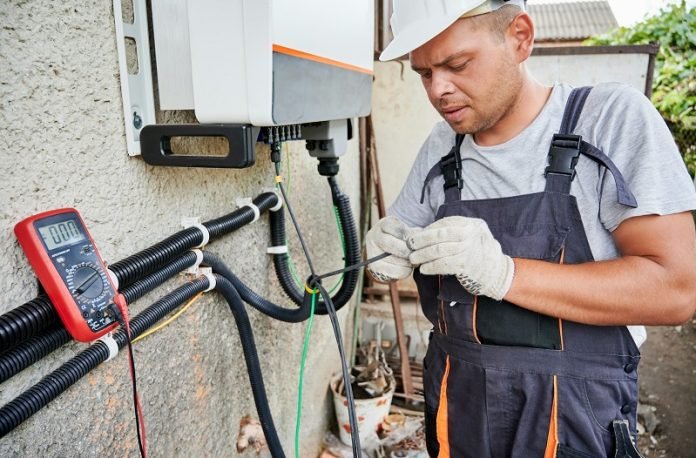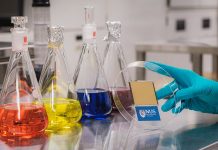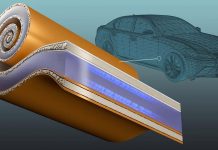
A team of scientists from around the world, led by RMIT University, has developed an innovative type of battery that could change the way we store energy.
Unlike the common lithium-ion batteries that power many of our gadgets, these new “water batteries” are designed to be much safer and environmentally friendly.
Distinguished Professor Tianyi Ma and his team are at the forefront of creating batteries that use water instead of the flammable materials found in traditional batteries.
This makes them a safer alternative that won’t catch fire or explode, addressing a major concern with current battery technology.
The secret behind these water batteries lies in their use of aqueous (water-based) metal-ion technology.
By using water as the main component, the batteries eliminate the risk of fire and explosion associated with lithium-ion batteries.
This innovation is not just about safety; it’s also about sustainability. The materials used in these batteries, such as magnesium and zinc, are plentiful, cheap, and less harmful to the environment and human health.
The manufacturing process of these batteries is straightforward, which means they could be produced on a large scale at a lower cost.
This is great news for both consumers and the planet, as it addresses the disposal problems of current energy storage technologies. The batteries can be easily taken apart at the end of their life, and the materials can be reused or recycled.
One of the biggest challenges in battery technology is increasing the storage capacity and lifespan of batteries.
The RMIT team has made significant progress in this area, conducting various experiments to enhance the performance of their water batteries. Their recent research has found a way to prevent the growth of dendrites – tiny, spike-like formations that can cause batteries to short circuit and fail.
By coating parts of the battery with bismuth and its oxide, the team has managed to extend the lifespan of their batteries to match that of commercial lithium-ion batteries. This breakthrough means their batteries can now be used for more demanding applications, such as storing energy from solar panels efficiently.
The energy density of these water batteries is also impressive. The team has developed a magnesium-ion water battery with an energy density of 75 watt-hours per kilogram, which is about 30% of the energy density of the latest car batteries used by Tesla.
This development marks a significant step forward in battery technology, offering a safer, more sustainable alternative for energy storage.
With their potential for mass production and compatibility with renewable energy sources, water batteries could play a crucial role in the future of energy storage and help pave the way for a more sustainable world.



